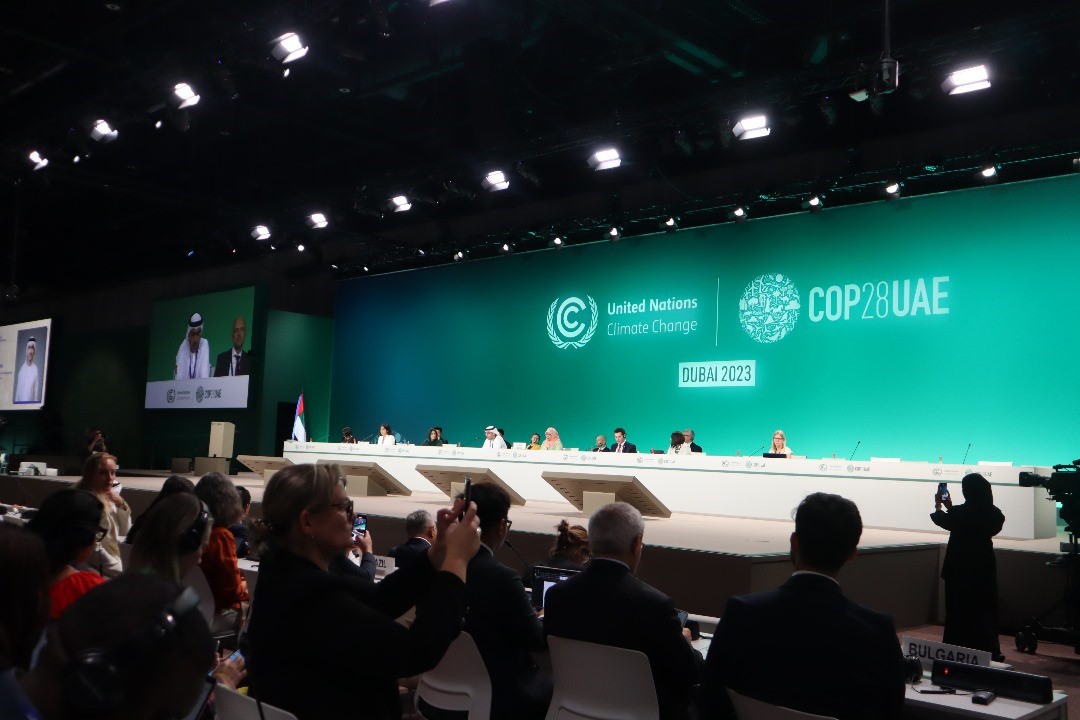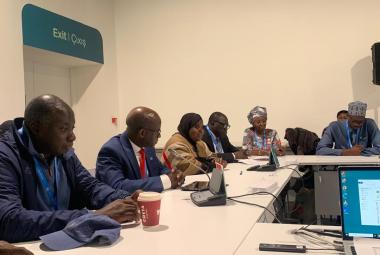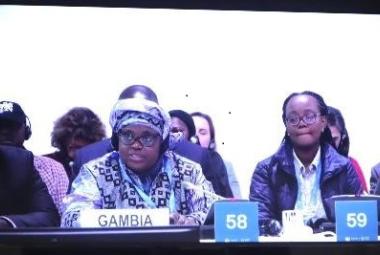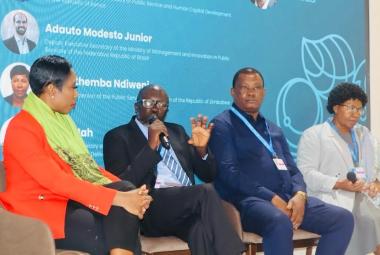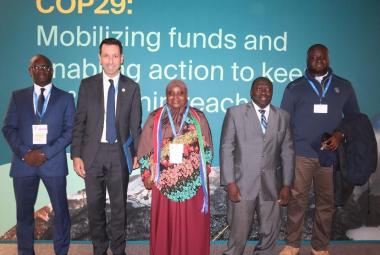The COP28 Presidency, UN-Habitat, and the UN Climate Change High-Level Champions co-hosted the second Ministerial Meeting on Urbanisation and Climate Change at the high-level opening for the Multilevel Action, Urbanization, Built Environment, and Transport Day.
The high-level meeting was co-convened by the Governments of Bangladesh, Barbados, Brazil, Egypt, Kenya, Malaysia, Papua New Guinea, and the United Arab Emirates.
The Ministerial brought together over 1000+ attendees, including more than 40 Ministers of Environment, Urban Development, and Housing, 200+ subnational leaders in collaboration with the Local Governments and Municipal Authorities Constituency (LGMA) to the UNFCCC, representatives from multilateral, national and subnational development banks, the private sector, and civil society organizations.
De-carbonization of cities was at the center of discussion at the ministerial meeting on ‘’Climate Change and Urbanization’’.
It is believed that cities are major contributors to climate change. According to UN-Habitat, cities consume 78 percent of the world’s energy and produce more than 60 percent of greenhouse gas emissions."
In this regard, COP28 advanced collaborative, inclusive, and ambitious multilevel climate action by convening an unprecedented mobilization of stakeholders committed to achieving the targets of the Paris Agreement.
At COP28, cities, regions, and national governments discussed how to achieve the targets of the Paris Agreement through multilevel climate action, and to identify and strengthen levers to increase and accelerate the deployment of climate finance for subnational governments, respecting national legislations, regulations, and circumstances.
One of the key highlights of the discussion was to encourage all national governments to advance the necessary mechanisms for multilevel climate action to achieve the targets of the Paris Agreement, across all levels of government as well as across Ministries with complementary portfolios, including but not limited to Environment, Climate Change, Housing, and Urban Development.

